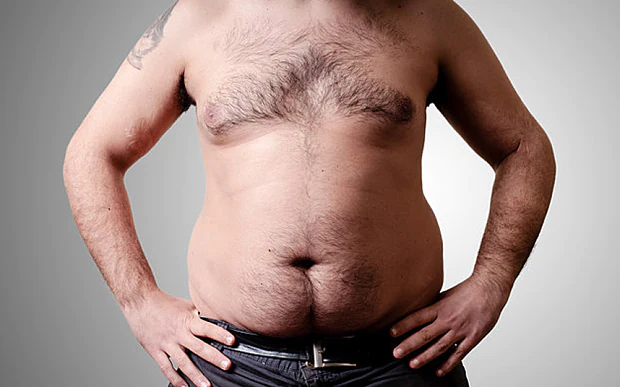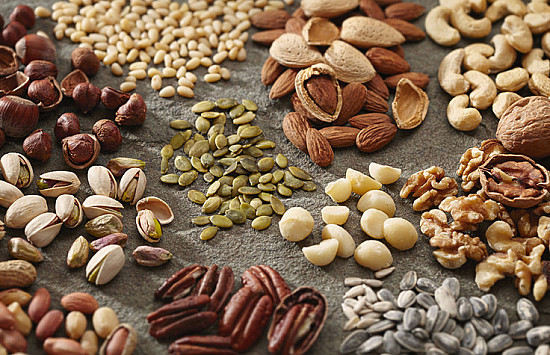How to prevent diabetes
Modifications in lifestyle can help delay the onset of type 2 diabetes. If you presently have excessive cholesterol, are obese or overweight, or have a family history of diabetes, you are particularly at risk of developing type 2 diabetes. Therefore, prevention is very important.
How to prevent diabetes
You may be able to prevent diabetic consequences including nerve, kidney, and heart damage by implementing small lifestyle adjustments. So, read this article till end to know about the steps which can help you in preventing or controlling diabetes.
How to prevent diabetes
Lose extra weight
Diabetes risk is lowered by weight loss. In one big trial, participants who changed their diet and exercise habits lost about 7% of their body weight had a nearly 60% lower risk of developing diabetes.

How to prevent diabetes
In order to stop the disease from progressing, the American Diabetes Association advises those who have prediabetes to lose at least 7% to 10% of their body weight. Increased weight loss will result in even more advantages.
How to prevent diabetes
Determine the weight you want to lose depending on your present weight. Consult your physician about appropriate expectations and goals for the near future, like losing one to two pounds per week.
How to prevent diabetes
Be more physically active
Participating in regular physical activity has several advantages. Engaging in physical activity can aid in weight loss, decrease blood sugar levels, and increase insulin sensitivity, all of which contribute to maintaining normal blood sugar levels.
Most persons have the following objectives to encourage weight loss and maintain a healthy weight:
How to prevent diabetes
Aerobic exercise: Try to get in at least 30 minutes a day of moderate to intense cardiovascular exercise, such as jogging, swimming, cycling, or walking, for a minimum of 150 minutes every week.

Resistance exercise: Resistance training improves your strength, balance, and capacity to lead an active life. Try to do it two or three times a week. Yoga, calisthenics, and weightlifting are examples of resistance exercise.
How to prevent diabetes
Limited inactivity: Long periods of inactivity, like sitting with the laptop, can be broken up to assist regulate blood sugar levels. Every thirty minutes, take a few times to stand, walk, or engage in little activity.
Consume nutrients-rich foods
Always try to consume foods which are high in vitamins, minerals, and carbs. Foods high in fiber help people lose weight and reduce their chance of developing diabetes. Consume a range of high-fiber, healthful foods, such as fruits and leafy greens, broccoli, and cauliflower, as well as non-starchy veggies. legumes, including lentils, chickpeas, and beans. Whole grains include quinoa, whole-grain rice, whole-wheat bread and pasta, and whole-oats.

Steer clear of “bad carbohydrates” (white bread and pastries, pasta made with white flour, and processed foods containing sugar or high-fructose corn syrup) as these items are high in sugar and low in fiber or nutrients.
How to prevent diabetes
Eat healthy fats
Because of their high calorie content, fatty foods ought to be consumed in moderation. A range of foods containing unsaturated fats, sometimes known as “good fats,” should be a part of your diet to aid with weight loss and management.
Good fat sources include nuts and seeds like almonds, peanuts, flaxseed, and pumpkin seeds; oils like olive, sunflower, safflower, cottonseed, and canola; and fatty fish like tuna, salmon, mackerel, sardines, and cod.

Make healthier choices
Numerous fad diets, like the paleo, keto, or glycemic index diets, claim to help you lose weight. However, there isn’t much information available regarding the long-term advantages of these diets or how well they work to prevent diabetes.
How to prevent diabetes
Losing weight and maintaining a healthier weight in the future should be your diet’s goals. Therefore, making healthy food choices requires a plan that you can stick to for the rest of your life. Over time, you may find that you benefit from making healthy choices that take into account some of your personal food and tradition preferences.









